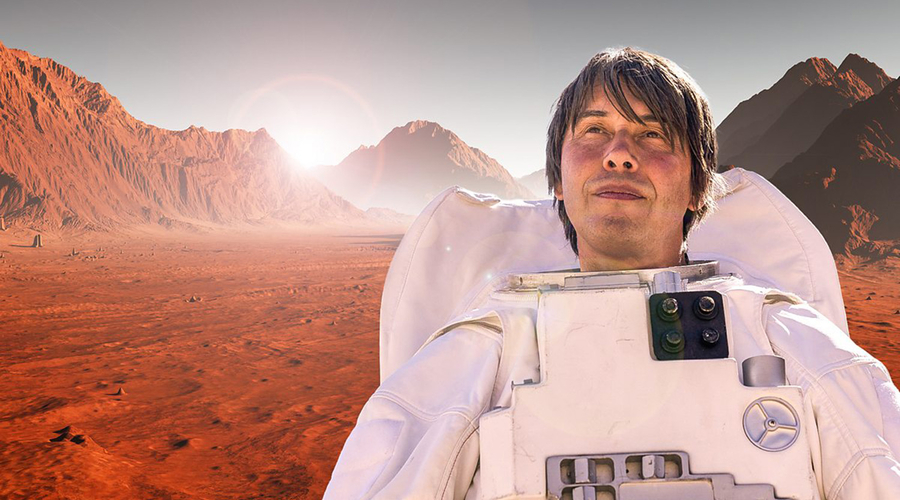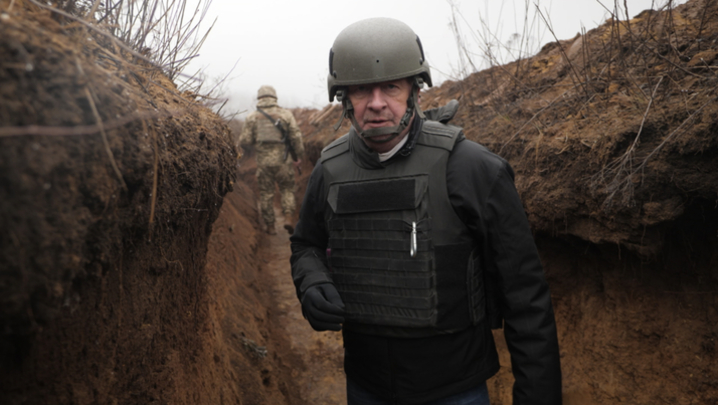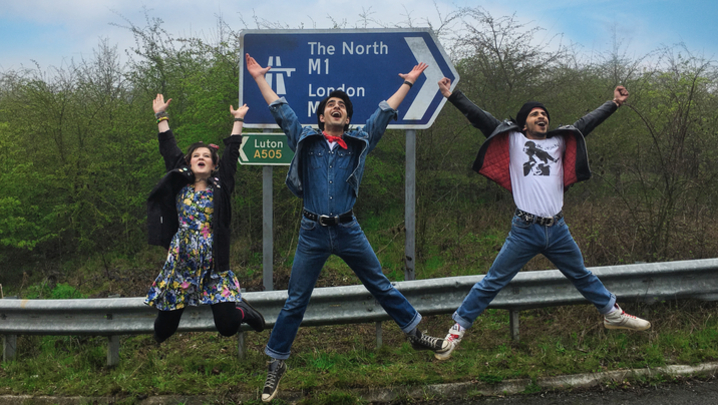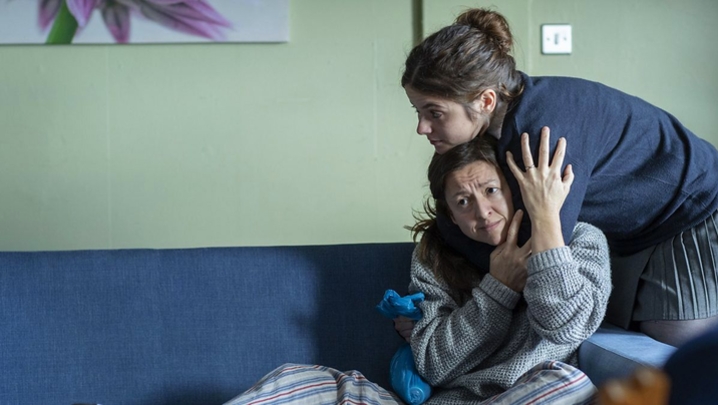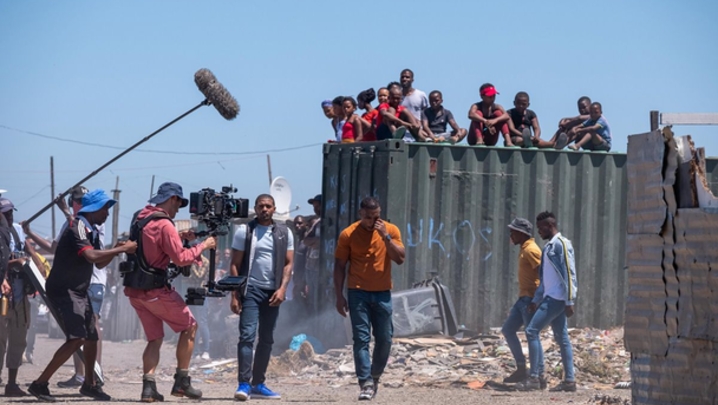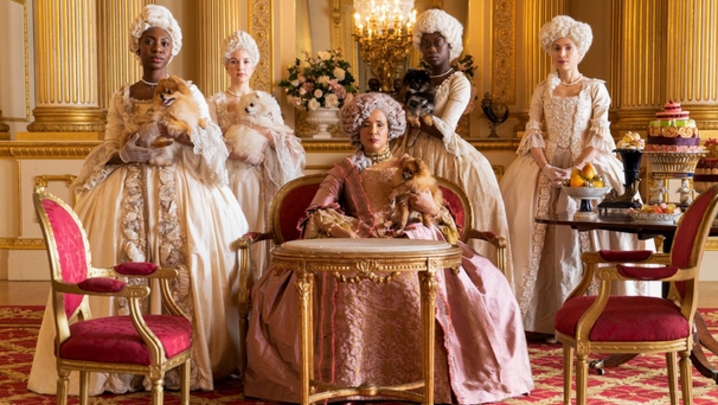Julia Hardwell worked on classic kids’ programmes such as Art Attack and Blue Peter before moving into production management at the BBC and then talent management at ITV. She is now head of talent at leading factual independent producer Arrow.
What does the job involve?
I source the off-screen talent for productions across Arrow Media and Arrow Pictures, including runners, researchers, assistant producers, directors, series producers and executive producers. I also recruit people to permanent positions in the company; we have about 25 core staff. My role includes all aspects of HR.
Do you recruit on-screen talent?
No, talent agencies and broadcasters tend to look after the on-screen talent.
What was your route into becoming a talent manager?
I did a drama degree and my first role in TV was as PA to Neil Buchanan, the presenter of CITV show Art Attack. It was made by The Media Merchants, a really nice, small indie that was based in Kent, my home county. From a young age, I’d wanted to work in kids’ TV. I then moved into production management, spending 10 years at the BBC, which is an excellent place to train. I spent a little time in studio management and then moved into talent. Throughout my career, I had always enjoyed recruiting and nurturing people, so it felt like a natural step.
What was your first talent job?
It was in the ITV entertainment team, recruiting people for “shiny floor” shows and doing a lot of casting. I then became talent manager at Arrow, a specialist factual indie working for broadcasters across the globe.
Would this role be very different if you were working at a big broadcaster rather than an indie?
The actual job isn’t hugely different, although at Arrow I’m often looking for people with specialist knowledge in science or history for one of our documentaries, or who know about fluffy animals – we’re currently making Magic of Disney’s Animal Kingdom for Disney+. In a typical year, Arrow makes more than 100 hours of programmes, so there’s always a lot going on.
What makes a good talent manager?
You need to like talking to people. When it comes to recruiting, you need to be able to see the potential in people and how they can progress. It’s notoriously difficult to get a start in the industry as a runner, but I look at a lot of people who have skills that are not TV-related but are transferable; they could have good customer service skills from working in a coffee shop.
So, it isn’t necessary to have a degree in something telly-related?
I’m not a huge fan of TV degrees – some universities don’t teach students about the way the industry operates. Don’t be put off if you haven’t got one; I’m open to people from all backgrounds.
Which people do you work with closely at Arrow?
I have a talent team, which consists of a talent co-ordinator and a talent/HR assistant. I work closely with our heads of production and executive producers.
When do you start to hire for a shoot?
As soon as I get a hint of a new project, I start to look at people to fill the roles – quite often it’s very last minute, with only a week or two before a production starts. We tell people a job is coming up or pencil them in, but you can’t confirm a job until it is commissioned – it can be a real juggling act.
How do you crew for shoots abroad?
Arrow makes a lot of content in the US. Before Covid, we used to send our teams out from the UK, although they were usually quite small, just a producer/director and assistant producer, because our productions often involve a lot of interview shoots. Because of Covid, we have started using more US crews. In the future, we will be doing both.
What is a typical working day like?
I can guarantee I will be spending a large part of the day on Microsoft Teams in meetings with Arrow staff. We have a hybrid working arrangement at the company, with people working from home two or three days a week. I also have lots of conversations with freelance talent.
Do you try to develop the skills of freelancers?
We are proud to offer a lot of training to freelancers, which few indies do. We have recently run a production co-ordinator training course, another on researcher skills and some training in soft skills, such as managing people and relationships. I like helping people take their next steps and develop their careers, particularly those in junior roles.
What do you bring to work with you?
I’d be in trouble without my notebook.
What are the best and worst parts of the job?
I really like solving the jigsaw puzzle of staffing. Across the company, there are a lot of productions on the go at once and I enjoy working with my talent team and heads of production to work out who fits best where. The worst is letting really good people go when you don’t have anything for them.
Is looking after the mental wellbeing of TV talent becoming more important?
It is a difficult industry for a freelancer, and Covid has had a major effect on our regular freelances, many of whom were out of work for some time. At Arrow, we tried to keep people on for as long as possible. We also have an anti-harassment and anti-bullying policy, and a disciplinary process. Mental health is something we take very seriously.
How has the job changed since you started?
It’s a lot more difficult to find people now – in particular, you just can’t find good, available production managers. The big streamers can pay a lot of money so, for the smaller indies, where you don’t have the budget to pay the streamer rates, it makes things difficult. At Arrow, we make a number of long-running crime series for the US, which means we can offer long contracts – that can be attractive. The training we offer is a big pull, too, and we are such a nice place to work!
As a talent manager, what advice would you give to a young person wanting to break into TV?
Network – reach out and connect with people; that’s the way of the industry. It’s really difficult to get in when you don’t know anyone. There are some really good runners’ groups offering advice on Facebook for people who are starting out.
Julia Hardwell was interviewed by Matthew Bell. See the report from an RTS Futures networking event with talent managers here.

